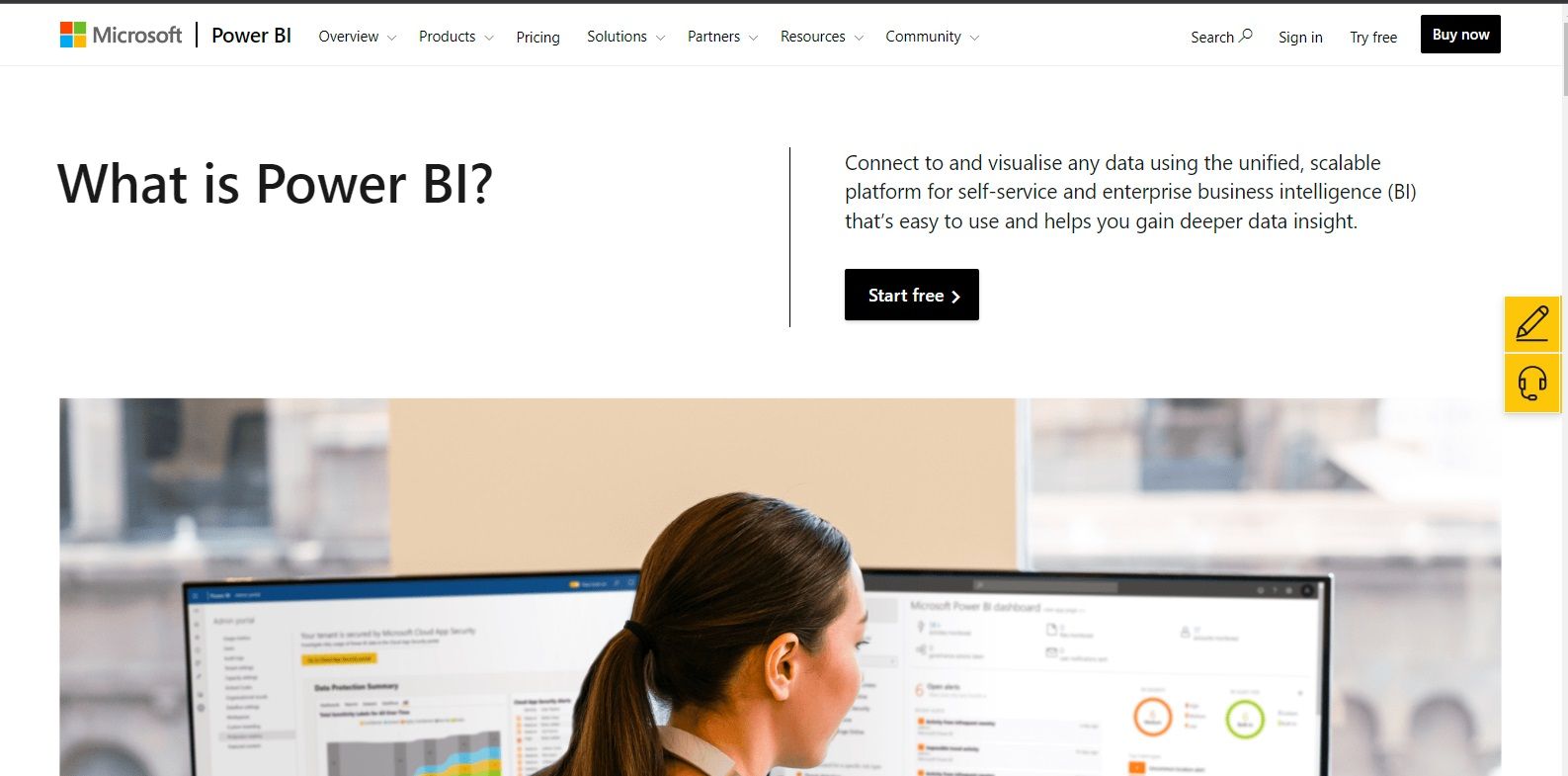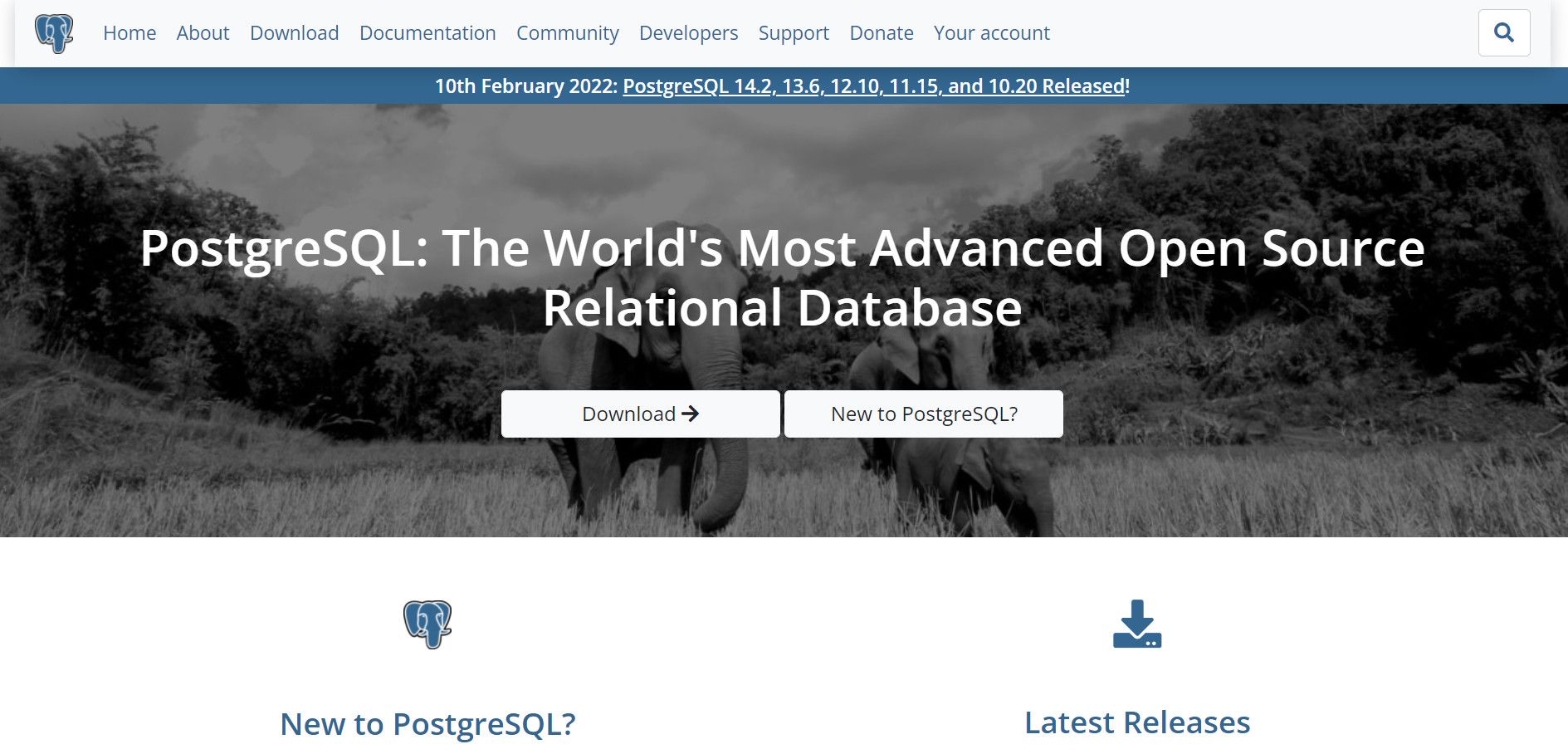As technological advancements continue to redefine and optimize processes across several industries today, the finance industry isn't left out. The financial sector is known for its rapid adoption of new and improved technology.
This makes it vital for current and potential employees to stay abreast of the latest technology and gain the necessary technical skills. To thrive and remain relevant in the modern finance industry, you must possess several tech skills. Here are the top ones you should develop to do that.
1. Experience Using Data Intelligence Software
The finance industry and data are two inseparable terms. As a finance professional, you will work with large sums of data throughout your career, and manually analyzing this data can be overwhelming and time-consuming. However, thanks to technological advancements in the finance industry, data analytics software exists to ease the process and provide a faster and more accurate approach to data analysis.
Therefore, data analytical skills are a must-have for finance careers. Here are some data analytics software tools you can learn quickly: Microsoft Excel, Google Analytics, and Tableau.
2. Familiarity With Business Intelligence Tools
Business intelligence tools are application software that receives and processes large quantities of data from various internal and external sources in the business, like multimedia files, journals, records, and other company documents, and turns this data into helpful information for business use. Utilizing empirical data rather than gut has always proved to be a more effective method to strategize for business growth.
Therefore, finance professionals must learn to work with business intelligence tools to increase operational efficiency. Additionally, you can use these tools to manage a company's resources and stock effectively, analyze market trends for business opportunities, and identify Key Performance Indicators (KPIs) and new sources of revenue, thus contributing to the company's business growth.
3. Proficiency With Financial Modeling Tools
Financial modeling tools utilize a company's records and current financial and research data to help the company find the best strategy to budget and manage its resources, source funds, and forecast future growth and trends in the market. Furthermore, financial modeling tools help prepare balance sheets, income and cash flow statements, and other finance-related documents.
Financial modeling tools are used alongside spreadsheet software, like Microsoft Excel, to gather and analyze fiscal data. Microsoft Excel is one of the most commonly used tools in the finance industry because of its capacity to store data and accurately perform calculations based on the data it receives.
Consequently, extensive knowledge of MS Excel is a vital skill in your arsenal as a finance professional. Other financial modeling tools include Hyperion, Oracle BI, and Quantrix.
4. Familiarity With Structured Query Language (SQL)
Structured Query Language (popularly known as SQL) is a widely used programming language applied in the finance industry. It is a programming language that interacts with a database to extract specific information from the data it receives.
One primary use of SQL is to work within relational databases. Hence, financial analysts use SQL to develop advanced database systems built on a format similar to spreadsheets. Developing a finance database allows financial analysts to quickly sort and search for data by writing queries, thus making data analysis easier.
5. Knowledge of Accounting Software
Accounting software are computer programs that collect fiscal data and provide an accurate record and report of a company's financial transactions. More so, accounting software assists accountants in understanding and performing complex accounting calculations. Common accounting software includes QuickBooks and Oracle NetSuite.
Gone are the days when accountants used a pen and a ledger to record financial transactions and perform accounting functions. Computer programs that solve accounting problems have made auditing easier, faster, and more efficient. Hence, accounting software skills are a must-have in the finance sector.
6. Python Language Expertise
Python is a popular object-oriented, open-source programming language with numerous applications in the finance industry. Hence, because of these features, it is used by large companies to execute various fintech projects. Additionally, it is used in quantitative finance as an analytics tool to analyze large datasets like financial data.
Python-based solutions incorporate machine learning algorithms to conduct predictive analysis, which companies find extremely helpful in studying the market and decision-making. Python is easy to learn—even for non-programmers—because it has a simple syntax and can read English. Also, it is compatible with major operating systems, including Windows, Linux, and Mac. Hence, it is widely used by finance professionals.
Furthermore, Python is used to develop solid payment systems and e-banking platforms. Thus, having a strong knowledge of Python gives you an added advantage in the finance market. Here are some courses and apps to learn how to code Python for free.
7. Experience Using MATLAB
MATLAB is a proprietary, object-oriented programming language used to perform numeric computing functions like matrix computations, data plotting, algorithm implementation, and create user interfaces. Consequently, financial analysts use it to perform advanced calculations on given data.
Data scientists working in finance also use MATLAB to develop various financial machine-learning applications, like predictive analysis, algorithmic trading, and fraud detection. Furthermore, applying MATLAB machine learning techniques aids risk management, including operational, market, and credit risks.
One major benefit of using MATLAB is that it significantly reduces the time it takes to preprocess data. The high-level functions of MATLAB enable easy synchronization of disparate time series, the substitution of outliers for interpolated values, the elimination of anomalies, and other operations.
8. Familiarity With Cloud Computing
Cloud computing services are used to develop digital infrastructures, like data storage and security infrastructure, which improve a company's operations. Finance companies work with increasing quantities of data, which presents the challenge of limited storage capacity and concerns about data security.
However, cloud computing services have proved efficient in developing improved storage capacity and a strong security infrastructure to combat data breaches. Cloud computing allows finance staff to work from anywhere at any time. Employees can now use their smartphones or computers to gain access to company emails and application software for real-time monitoring and assessment outside of work hours and premises.
Furthermore, cloud computing provides cost-effective services for companies. For instance, building an unlimited data storage infrastructure is more effective than deploying and networking numerous data servers; it cuts down on excessive expenditure. Thus, cloud services are very important in the finance industry, especially because of their scalability.
9. Expertise Utilizing Software-as-a-Software (SaaS)
Software-as-a-service (SaaS) is application software that functions using cloud-based infrastructure. Thus, SaaS functions can be adjusted when need be. One benefit of SaaS is its scalability. Therefore, as the business grows, so does the capacity of SaaS technology.
Moreover, developing and upgrading on-site IT infrastructures is more capital-intensive than integrating SaaS technology. SaaS is also used in remote work to enable easy communication between employers and their staff, regardless of location. Google Meet, Asana, and Slack are some of the most optimized SaaS tools for remote workers.
Furthermore, SaaS tools help companies to easily and effectively communicate with their customers by utilizing data from forms and statements. Understanding SaaS applications will help you contribute to business growth by improving communication between financial institutions, stakeholders, and customers.
Upskill Yourself to Thrive in the Modern Finance Industry
Financial institutions continue to dole out resources to obtain the latest tech tools and services to stay ahead of the competition. Hence, employees and potential job seekers must stay up-to-date with the required tech skills to increase their chances of success in the finance sector.





